by Cynthia Rylant
A very special ‘thank you’ goes to the reference librarian at the Grissom Library in Newport News for saving this book for me, and to my husband who cheerfully got lost with me for hours in Newport News searching for the Grissom Library.
“But I’ll Be Back Again” is Cynthia Rylant’s autobiography. She tells of losing her father to alcoholism and her mother to a career. Ms. Rylant speaks of tears and a sense of loss so great that only someone who has experienced such losses can understand. Fortunately, she lived with her grandparents and an extended family with young cousins who loved her and gave her a childhood her parents could not give.
“Writing stories has given me the power to change things I could not change as a child.” This line is of particular interest to me because I find there are so many things that I too would like to change from my childhood. Ms. Rylant’s grew up in the same time period that I did. Our clothing came from Montgomery Wards; the Beatle were gods, and our indiscretions were modest at best. Boys and girls had innocent crushes, and a stolen kiss was a BIG DEAL!
I smiled when I read about her first menstrual period and not knowing if she should be buried or cremated. My mother ‘forgot’ to mention this little tidbit to me, and I did call her at work to inform her that I was bleeding to death. All in all, Cynthia Rylant put much of the personal, embarrassing stuff that plagues children and teenagers right on the pages for all to read. The passage about having ticks removed by having a burning cigarette coming at you in ‘unmentionable’ places made me laugh out loud!
I appreciated the references about being confused about religion, wanting Christy Sander’s brick house, and visiting an orchestra. She reminds me of one of my younger brothers who when asked what he wanted for Christmas simply answered, “More.”
After reading “Waiting to Waltz”, I expected Cynthia Rylant’s childhood to be a story filled with crushing tragedies. Yes, she lost her father, but she had a loving home with her grandparents. Yes, her mother left to go to school, but she did come back and get Cynthia and clearly loved her. “But I’ll Be Back Again” has many stories of good times, normal childhood experiences, and love.
I agree with Ms. Rylant’s admiration of Bobby Kennedy. He spent his life in search of justice. However, even as a child, I couldn’t stand the music of the Beatles.
Monday, April 23, 2007
Subscribe to:
Post Comments (Atom)
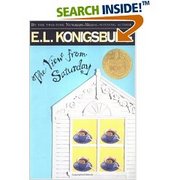

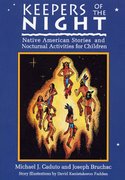

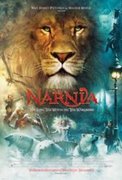

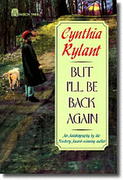
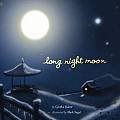
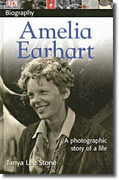
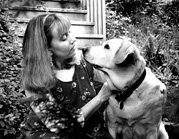
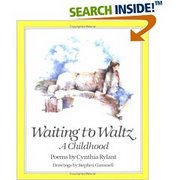

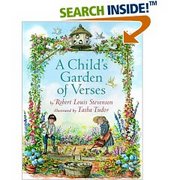
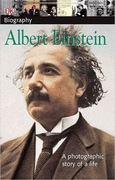
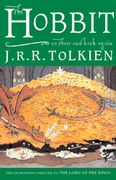
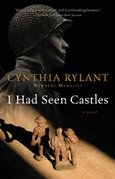
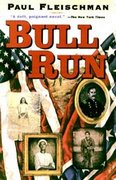
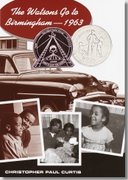
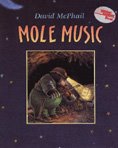
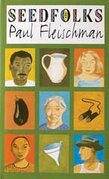


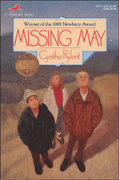
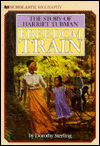
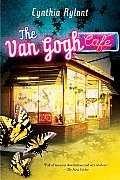
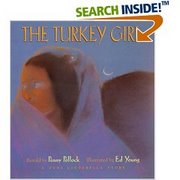

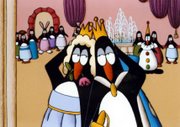

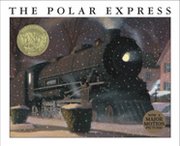
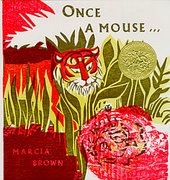
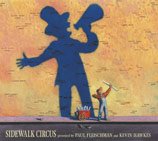
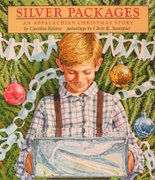
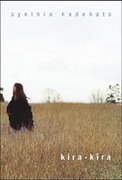

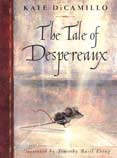
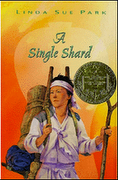
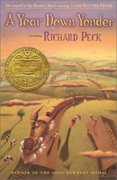


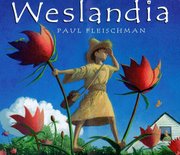

5 comments:
This book was really hard for me to find too! They didn't have it at the Williamsburg library, but I was fortunately able to check it out at my library at home when I went home for Easter. I loved your personal connections to the story! While I thought a lot of what she said about growing up was funny, I didn't really relate very well to her stories.
I also loved reading about your personal connections. I could relate to a few things myself, but not everything. Those little crushes and kisses WERE big deals!! :-) I also thought that her autobiography would be obscenely tragic due to what we've already read by her. Though there were some tough times in her life, she had other support systems and I'm glad for her. I posted about loving her blunt honesty. If she experienced something, she wrote it exactly how it happened and this makes a good read for me. It was very interesting and engaging.
You're right, Rylant was definitely hurt and burdened with hardships as a child, but she has successfully come out the other side! I love her blunt honesty, but I also love yours. If you don't like the Beatles, you just don't like them. Who would your musical hero be? Your connections made me smile :)
I enjoyed your personal connects to the story. I found myself relating to parts of her childhood to - maybe there's universal emotions for girls? :)
The story of her life made me appreciate her so much more. I love stories of children rising above their circumstances.
It sounds like the search for this book made the read even more exciting for you. I also wrote in my blog that I was happy to see Rylant used writing as a means of coping with and changing childhood events. I think that is a powerful message for our students. I felt as though Rylant had a very conversational tone in her autobiography - it felt as if she was talking to me one on one in her narration. And, I agree our other class members who blogged, your personal connections were entertaining. Thanks for sharing them with us.
Post a Comment